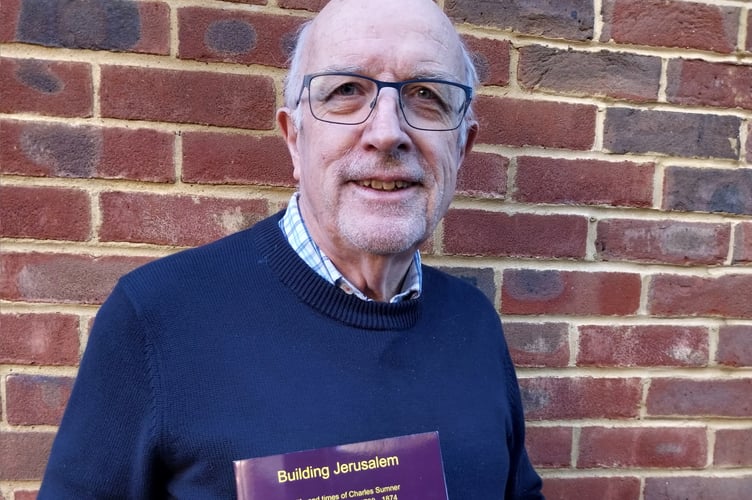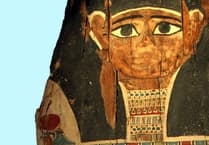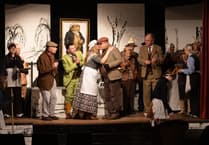People convinced of their own rightness trouble me. They believe that they alone have all the answers. And because certainty is seductive, other people soon begin to gather around them.
They agree with every word the leader says. So, a movement begins. It develops momentum. Increasing numbers join, anyone who disagrees is despised, and if the group gains political power, they are thrown into prison, exiled, or shot.
History shows where such certainty leads. Think of Adolf Hitler. He was certain that what he believed was right; certain that internal ‘enemies’ were weakening German society; certain that his ideas were the only ones that were valid. The result was the Holocaust, and a war in which thousands died.
Worryingly, there are contemporary examples. Living as we do, in such unhappy and troubled times across the world, we can see that the certainty of some political and religious leaders is resulting in war, injury, suffering and death.
But it isn’t just the leaders in positions of political power. In the moments before a terrorist launches his bombs, is he not convinced that he alone is right, and therefore, by definition, all other human beings are misguided?
I want to make a case for uncertainty.
I want to suggest that uncertainty is a necessary part of what it means to be human.
I want to shout hoorahs for John Keats the poet, who wrote in a letter to his brothers in 1817 about the essential characteristics of “men of achievement”.
They were people, he believed, who were “capable of being in uncertainties, mysteries, doubts, without any irritable reaching after fact and reason.”
He was talking about literature, but it can be applied to politics. Uncertainty is not weakness, it is a vital element in our lives, a necessary way of challenging the tyranny of certainty.





Comments
This article has no comments yet. Be the first to leave a comment.